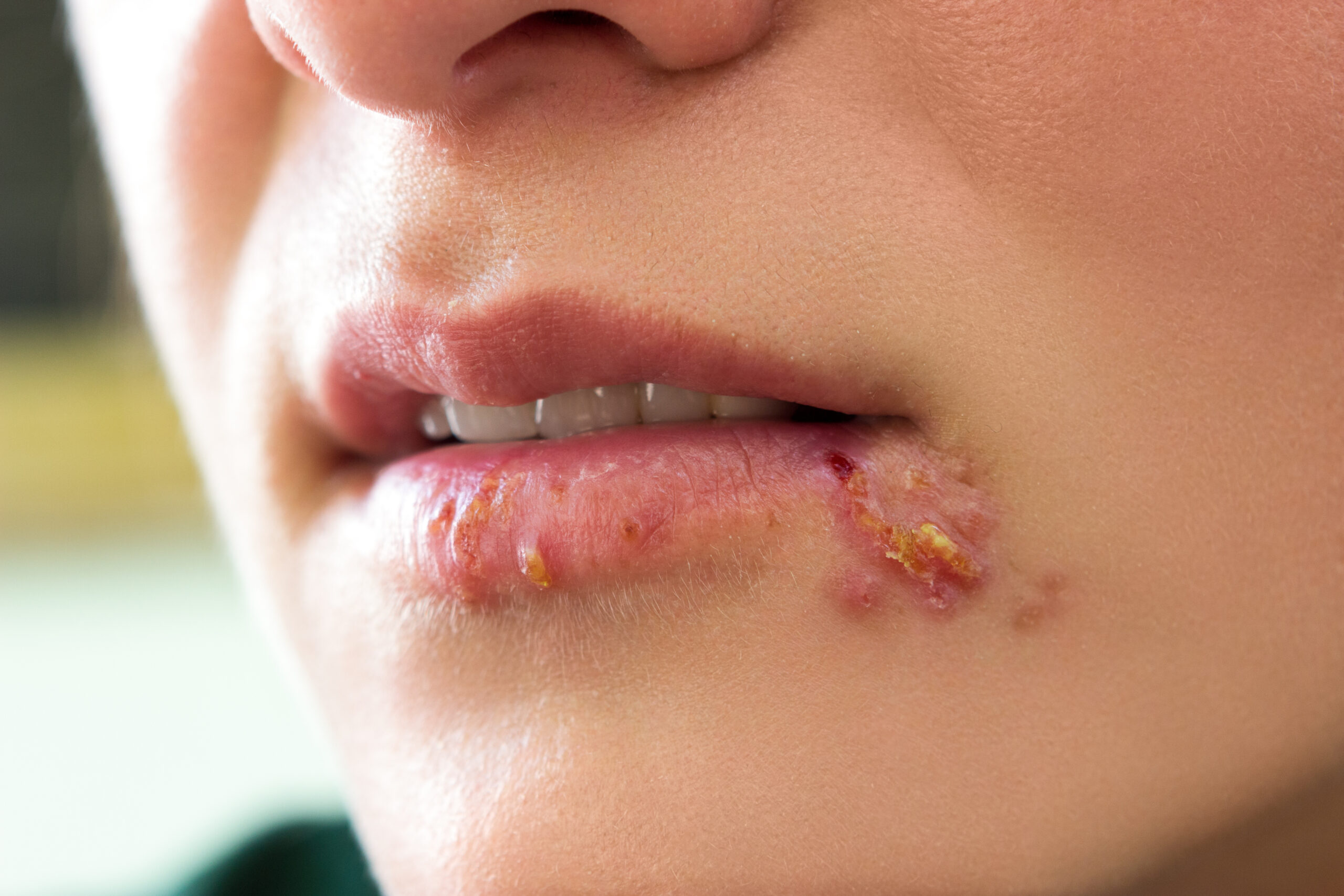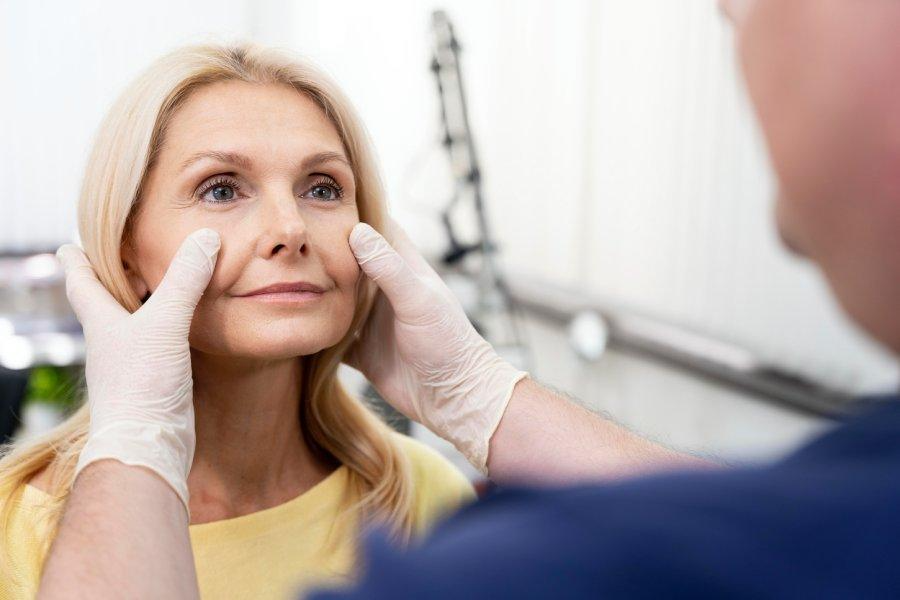Being diagnosed with herpes may be a frustrating experience. It refers to a common virus that causes sores on your mouth and genitals. In most cases, suffering from herpes is never easy because it could be annoying and painful. If you have no idea what to do, you may have a hard time dealing with this predicament on a day-to-day basis.
If you’re suffering from herpes, below are the four things you need to know about it, including its prevention:
-
Two Types Of Herpes
Herpes is a generic term used to describe the two types of herpes simplex viruses (HSV):
-
HSV type-1 or oral herpes
The HSV-1 or oral herpes can be a highly contagious infection. The common symptoms of oral herpes infection can include open sores or painful blisters in or around the mouth. If you’re infected with oral herpes, you may experience a burning or itching sensation around your oral area before the sores finally appear.
-
HSV-2 or genital herpes
On the other hand, the HSV-2 or genital herpes is a sexually transmitted disease that causes itching, pain, and sores in or around the genital area. It can also be lifelong and incurable. The common symptoms of genital herpes can include open sores called ulcers accompanied by body aches, fever, and swollen lymph nodes.
-
Preventive Measures
As mentioned, herpes has no cure. Yet to better understand why you won’t see any herpes cure anytime soon, you can find out here the reasons behind it. On the other hand, even if herpes can’t be cured, some ways can help ease your symptoms and prevent the risk of transmission to another person. These can include:
- Consult your doctor on the potential use of herpes medication to lower the risk of transmission. For example, you can use suppressive antiviral therapy to prevent the spread of herpes even if you have no symptoms or sores in the mouth or genital.
- If you have oral or genital sores caused by the herpes virus, light therapy may be a good treatment solution. The earlier these sores are treated, the more you may be able to prevent herpes from getting transmitted to another person.
- Maintain a good healthy lifestyle to keep herpes sores at bay.
- Use protection when doing anal, oral, or vaginal sexual intercourse.
- Avoid engaging in intercourse during a herpes breakout. Sometimes, the use of condoms may not safeguard you and your partner during these times.
- Watch out for burning or itching feeling as it can be a sign of a herpes outbreak. When you experience this sensation, learn how to stop sexual intercourse to prevent the spread of herpes.
- Refrain from having sex until your sores are gone and the scabs have fully healed.
- Don’t touch the sores to avoid infecting other parts of your body.
- Inform your partner if you have herpes right before the sexual intercourse, so both of you can collaborate and avoid the risk of transmission.
-
Risk Of Transmission
Both oral and genital herpes can’t be transmitted through objects such as glasses, spoons, razors, bed sheets, towels, and many more. Instead, these herpes infections can be spread through skin-to-skin contact with the infected person or area. These contacts can include kissing, oral sex, vaginal and oral sex, genital-to-genital rubbing, and many more.
Moreover, herpes can be contagious when the sores are open and wet. This can be due to the fluid from herpes blisters that easily and quickly spread the virus. But what you don’t know is that herpes can also get passed to others even when you have no sores and your skin looks normal. This situation is usually known as asymptomatic shedding.
Lastly, since the herpes simplex virus doesn’t live long outside the body, you can’t get infected with herpes through holding hands, hugging, sneezing, coughing, or even sitting on toilet seats.
-
Chances Of Contracting HIV And Other Serious Health Issues
It’s believed that people with herpes may have a double chance of getting infected with HIV (human immunodeficiency virus) compared to those who don’t. Because of this, you need to prevent herpes transmission during sexual intercourse by using protection.
Furthermore, although herpes can be painful and unpleasant, you don’t need to worry too much because it doesn’t cause serious health issues. Herpes remains to be a manageable skin condition that doesn’t result in any damage to internal organs. As such, you can still have a normal sexual life with your partner but may need to do a lot of compromises to avoid endangering each other.
Bottom Line
For many people, a herpes diagnosis may be overwhelming and too much to handle. Although it may not be as severe as other infections, one’s life may not be the same again after a diagnosis. Therefore, if you have herpes, it’s best to keep the abovementioned information in mind, so you’ll know what to do. Remember that the knowledge you have can protect yourself and your loved ones from possibly contracting the disease.











